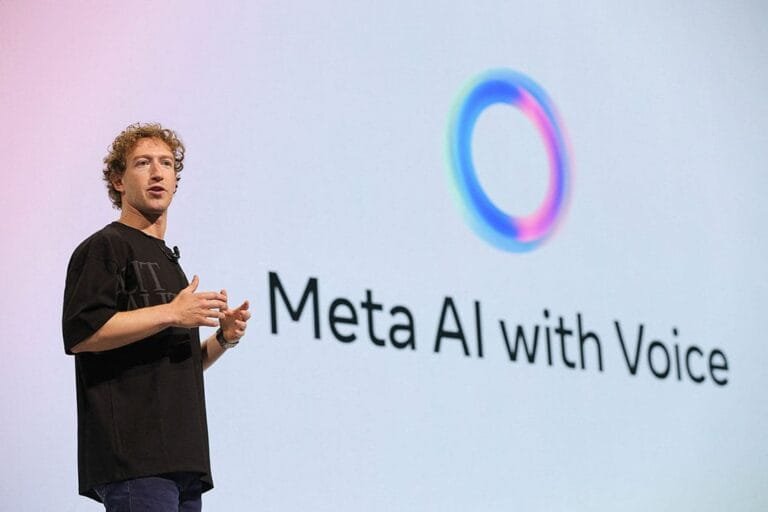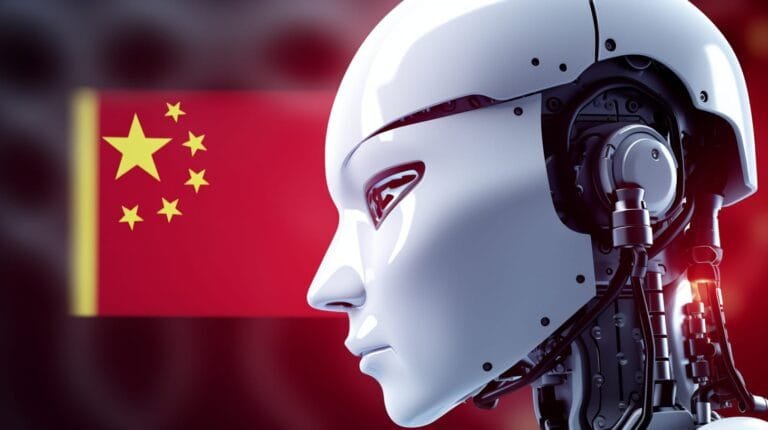
Students relying on ChatGPT show reduced memory and critical thinking, MIT study finds.
A recent study conducted by the Massachusetts Institute of Technology’s (MIT) Media Lab, which has shed light on the effects of the increasing use of generative AI tools such as ChatGPT for education and learning, makes shocking revelations. This study points out that excessive dependence on AI, especially among students, can weaken our cognitive abilities, creativity and critical thinking, which can make our brain lazy and dull
AI in Education: Reduced Brain Activity Raises Red Flags
The main objective of this study was to understand how AI tools like ChatGPT affect the functioning of the human brain and the learning process. Researchers conducted an experiment on 54 students aged 18 to 39 years. This means that when we use AI, our brains do not have to work as hard as they would when we think on our own. The essays that chatGPT produced may have looked good, but they lacked depth, original thinking, and individual perspective. Two English teachers reviewed these essays and found them soulless. AI often generates content that is monotonous, with little diversity of ideas and expressions. Students who used ChatGPT also struggled to remember the essays.
they had written because they had not processed the information themselves and committed it to their memory. This shows that when AI does the thinking for us, we do not process information as deeply in our brains, which leads to poorer memory retention.
Cognitive Offloading and Memory Loss: Generative AI’s Hidden Cost
The results of this study were extremely shocking and worrying. Lowest brain activity: The students who were writing essays using ChatGPT had the lowest brain activity. EEG scans found that the brain areas associated with memory, creativity and concentration were significantly less active in these students. This means that when we use AI, our brains do not have to work as hard as they would when we think on our own. The essays that chatGPT produced may have looked good, but they lacked depth, original thinking, and individual perspective. Two English teachers reviewed these essays and found them soulless. AI often generates content that is monotonous, with little diversity of ideas and expressions. Students who used ChatGPT also struggled to remember the essays they had written because they had not processed the information themselves and committed it to their memory.
Creativity Decline: ChatGPT’s Impact on Independent Thinking
This shows that when AI does the thinking for us, we do not process information as deeply in our brains, which leads to poorer memory retention. Cognitive Offloading The study highlighted the concept of cognitive offloading where individuals offload their cognitive efforts to AI. This means they engage less in deep reflective thinking, analysis, and independent problem-solving. Over time, this can weaken the brain’s ability to perform these tasks independently. Long-term Effects The study also found that students who consistently used ChatGPT gradually became lazier and simply copied and pasted information for subsequent essays. Even when asked to write essays without AI’s help, their brain activity was lower, indicating that excessive reliance on AI can have long-term negative effects.
Educational and Workplace Risks of AI Overdependence
Importance of Independent Thinking In contrast, students in the “Brain-Only” group had the highest brain activity and neural connectivity. Their essays showed more creativity and originality. and they were more satisfied with their work. This shows that when we think and solve problems on our own, our brain is most active and our ability to learn increases. Comparative Advantage of Google Search The group that used Google Search also showed high levels of engagement and satisfaction, although it was slightly lower than the Brain-Only group. This suggests that search engines can be helpful in finding information, but they do not completely replace cognitive effort. Potential Implications This study has important implications for both education and the workplace. Challenge in Education: If students rely too much on tools like ChatGPT to learn and complete assignments.




